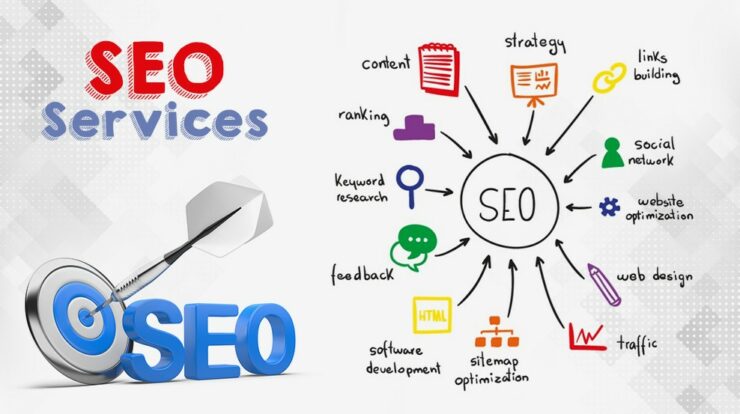
Most companies are now migrating from Oracle to PostgreSQL as their preferred alternative of an open-source platform. This is a growing trend that several experienced DBAs have noticed in recent years. One of the biggest reasons for the above migration is the cost-savings factor. However, other specific factors drive companies to go ahead with the migration, like supporting their businesses’ digital transformation efforts.
The migration process is not free from challenges
Though cost reduction and digital transformation are the key drivers for Oracle to PostgreSQL migration, the process is not a seamless one. Companies encounter a number of challenges both at the time and after the migration is completed. This post will look at some of these challenges companies face so that if you, as a business owner, have decided to migrate from Oracle to PostgreSQL, you are aware!
Challenges faced during the Oracle to PostgreSQL migration
The following are the major challenges that your business will face during and even after the migration process-
Maintenance of service continuity
Every skilled IT consultant as well as experienced DBA in a business strives to offer reliable and continuous services to their clients 24/7. This holds true during a database migration process as well. You should note that the database migration from Oracle to PostgreSQL often takes months or even years. The three challenges businesses face are-
- The reduction of downtime during the migration process,
- Migrating the business data, and
- Reliability of their targeted PostgreSQL database.
However, in the recent past, it has been seen that reducing downtime is less of a major challenge for the business than expected. Most of the companies that have gone ahead with the migration more or less experienced the same period of downtime during the migration process. Get in touch with RemoteDBA in case of any queries.
The biggest challenge that all companies actually faced in the above context was to train their Oracle team to maintain the new PostgreSQL database. Survey and research reveal that training the existing Oracle team for the new PostgreSQL database shares the same space along with the challenges of data migration and its reliability in the new system. Almost all companies unanimously agree these three challenges are the topmost challenges faced by businesses today in the migration process.
Digital transformation and DevOps
An experienced and skilled specialist from a reliable company in database management and administrationstates that one of Oracle’s key drivers to PostgreSQL migration by modern businesses today is to support their efforts for digital transformation. A vital part of any business digital transformation drive for a company is to embrace DevOps.
Some of the key advantages’ businesses are to gain here are: –
- simplicity of use.
- flexibility in deployment.
- developer innovation.
The above traits are the characteristics of fast-moving, agile DevOps cultured businesses. Some companies had assumed that migration would interfere with their DevOps plans. However, several were surprised at how simple it really was to practice DevOps processes with PostgreSQL.
Preparing for the Oracle to PostgreSQL migration
The following are the steps a business should follow when it comes to preparing their companies for an Oracle to PostgreSQL migration-
Inform and train the IT team
This is the first hurdle; you will encounter during the migration process. It is evident that your IT personnel would need to learn new skills for its maintenance. The teams that deal with operations and development need training in PostgreSQL for deployment, security, tuning, data governance, and data monitoring. Some team members welcome the prospect of learning something new. However, there is a section of the team that might be resistant to the challenge.
As a business owner, you can ease this discomfort by encouraging the IT team to embrace a progressive IT culture of open-source that focuses on innovation, transparency, and collaboration- these are the qualities that IT developers embrace. You should make a core group of team members that are willing to work for the cause and lead. With this approach, you will find that those team members that are reluctant, with the passage of time, will follow suit and embrace the challenge to take your business ahead in the drive for digital transformation and DevOps.
Evaluate the environment for Oracle
In their drive to reap the advantages of PostgreSQL as soon as possible, some businesses are tempted to begin shifting their most critical business applications and databases to the new system. However, this does nothing but call in disaster when you learn new technology.
If a business really wants to successfully migrate from Oracle to a PostgreSQL database, it needs a measured approach. As the owner of a company, you should begin by assessing all of your Oracle databases to determine future migration processes’ future problems. This approach is not limited to scouring the codebase. It should include considerations for the IT personnel and process along with technical problems.
Skilled DBAs in the field of database migration also recommend the business plan on migrating the simplest environments first. This permits the team to get some fast wins and gain experience that brings confidence to the members of an IT team when they shift into complex and long-term projects in nature.
Bank on the original development professionals
It is a prudent idea for the business to select applications that have the original team that took part in their development process as their knowledge in the field will ensure early success in the migration process. Their deep knowledge will give you insight into how your database has been constructed and how the business applications currently used by it are indispensable for its existence in case any particular dependencies on the features of Oracle come up.
Wrapping things up
Skilled IT specialists and DBA experts state that systems that have good QA procedures and testing procedures in place are excellent choices as they make it simpler to validate the results of the migration without incurring extra costs for building new parameters and database checks.



